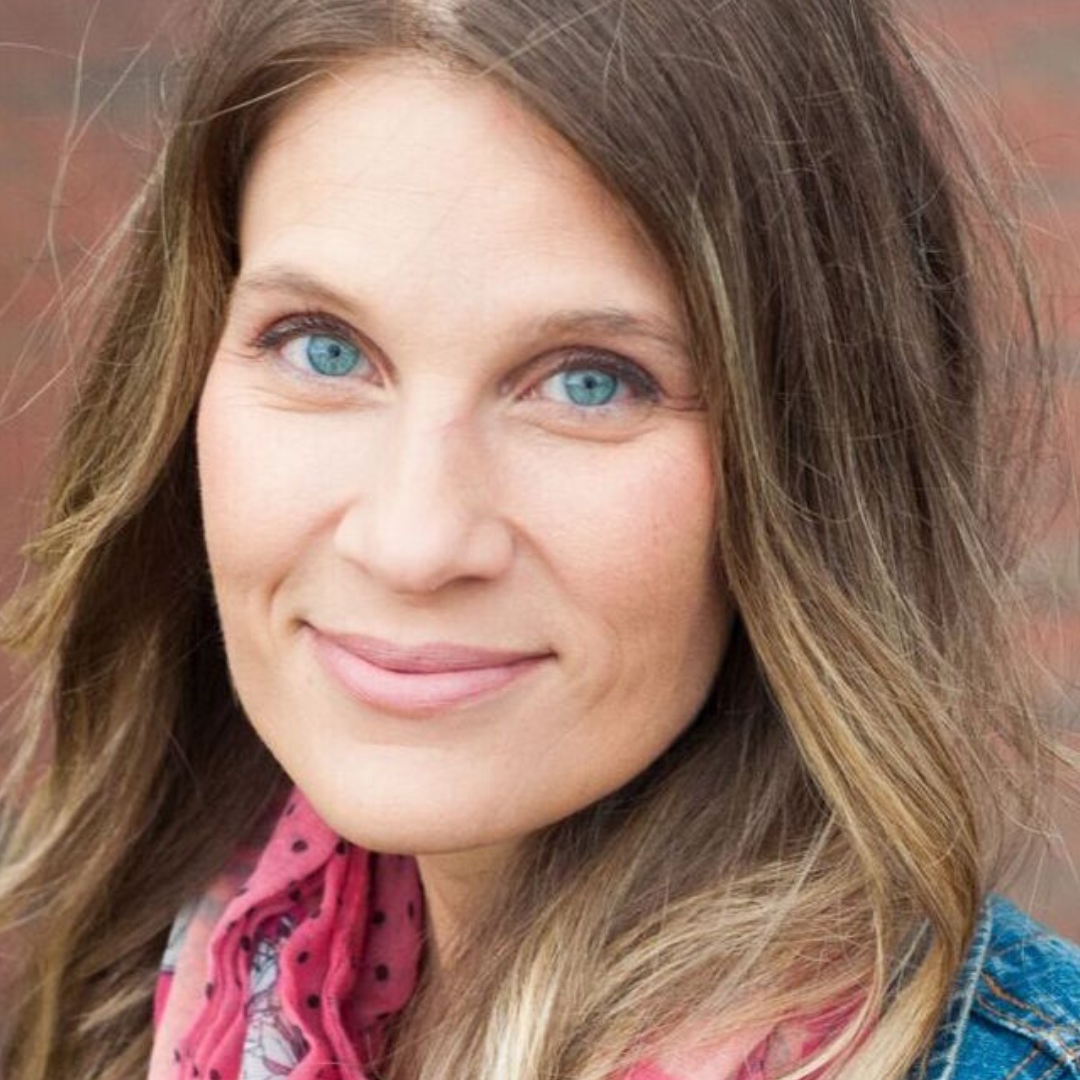With only five students in my missional outreach course at Southern Wesleyan University this semester, we were able to squeeze into one car to travel the three miles from campus to the cemetery. We parked behind Abel Baptist, the oldest African-American church in Clemson, South Carolina. Climbing out of the car, and spreading out in every direction, we looked for the headstone that had Willie Earle’s name on it.
There had been little to read about Willie’s life, but as a part of their homework, students had already read the un-sanitized story of this last racially motivated lynching in South Carolina. The world would never know if Wille Earle was innocent or guilty of stabbing a white taxi driver in 1947. He was pulled from his jail cell, brutally beaten and murdered by 31 white men before an investigation could even begin.
It took 10 minutes of wandering the sprawling graveyard before a student called, “I found it!” Buried in an unmarked grave for 65 years, we finally found Willie’s stone nestled under an oak tree, placed there only seven years ago by a historian who had researched the local atrocity.
While exceptions abound, this generation of college students seems to believe racism is a vestige of the past. Sure, white supremacists exist, but they are a marginal minority. After all, these students grew up in integrated schools where interracial couples were commonplace. They grew up under the shadows of Barak Obama and Oprah Winfrey. Standing in a semicircle around Willie Earle’s grave, some students admitted that his story felt like a tale from long ago. Something to learn from — a marker to measure how far we’ve come.
I don’t know a single person who wouldn’t consider hate crimes pure evil. But what is invisible to many is a society that allocates different economic, political and social advantages to groups along racial lines. It is much more subtle than the straightforward racism that allowed Willie Earle’s lynching gang to be acquitted by an all-white jury. This benevolent racism thrives when we believe that people exist independent of structures, systems and institutions. It leads us to miss the way that communities and institutions shape the way people think and behave. It leads us to overlook the places in our schools, our churches, our neighborhoods and our places of business where the stubborn strangle-hold of segregation persists. We can shake our heads at the wrong-headed world that allowed the lynching of Willie Earle. But not without examining the social and cultural divides that still show up.
The cemetery that stretched out in every direction was unkept. Headstones toppled over, weeds sprouting up, ground uneven and unmanicured. It sat in stark contradiction to the historically white cemetery on the main highway in town, with its exquisite plots guarded by grand trees.
With the wind picking up, we huddled in closer around Willie Earle’s marker that read, “in loving memory,” and we ended with prayer. We all had different prayers to pray, but I can tell you what my prayer was, and still is. My prayer is that we don’t distance ourselves from stories like this or treat them as vestiges of a life long ago, but that we see the injustices and inequalities still at work in this generation’s systems and maybe even our own hearts. My prayer is that we refuse indifference and act with courage, that we own the scriptural reality that there is no reconciliation without repentance and that we grow an imagination for book-of-Acts inspired unity-in-diversity that is authentically grounded in the gospel.

Andrea Summers
Rev. Andrea Summers is a professor, pastor, writer and preacher. She teaches in the Division of Religion at Southern Wesleyan University in Central, South Carolina, loves to preach and teach Scripture and is passionate about raising up the next generation of dynamic leaders for the church. Summers is passionate about biblical justice and authentic vulnerability and their critical connection to spiritual formation. She lives in South Carolina with her husband, Jeremy, and four kids.

